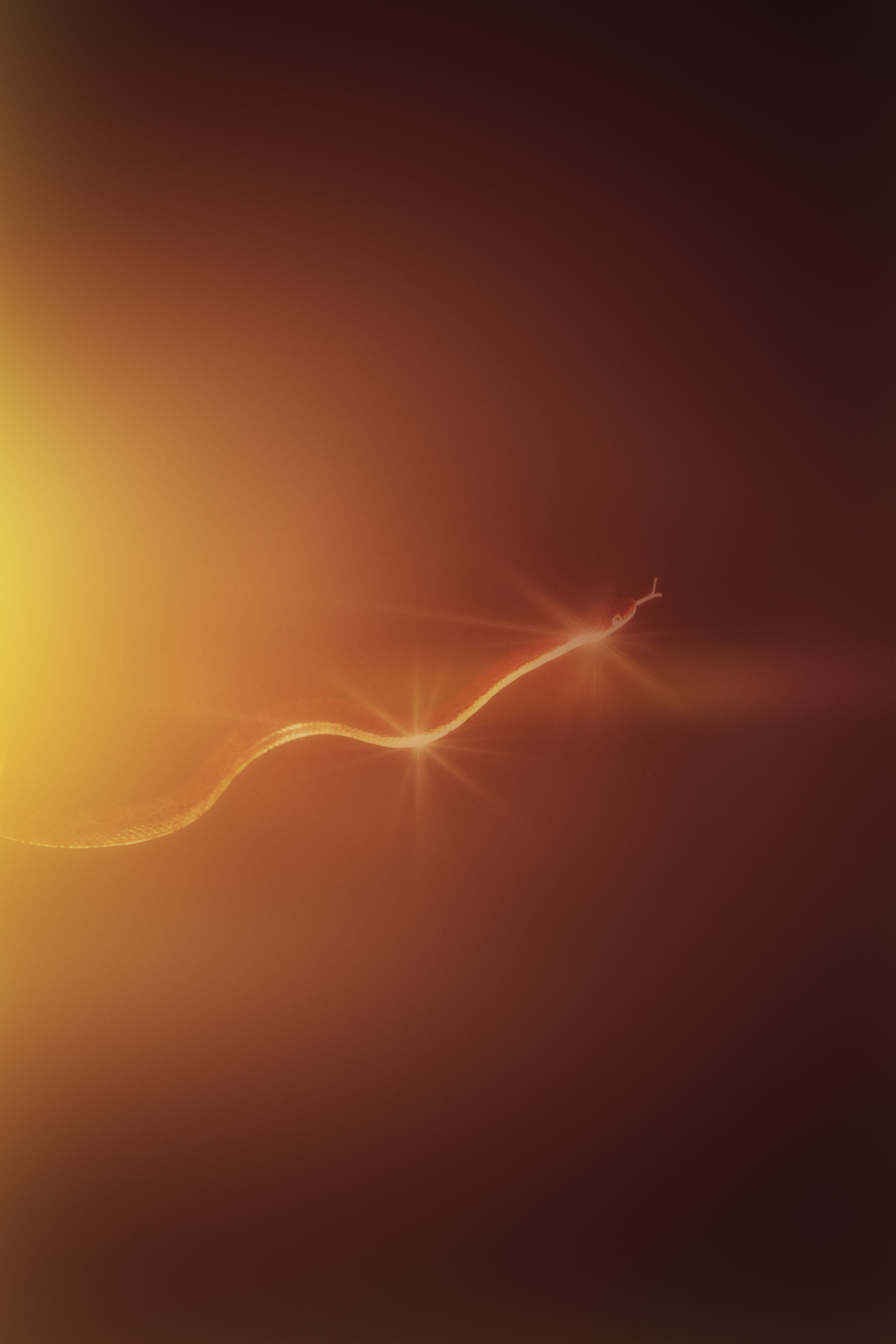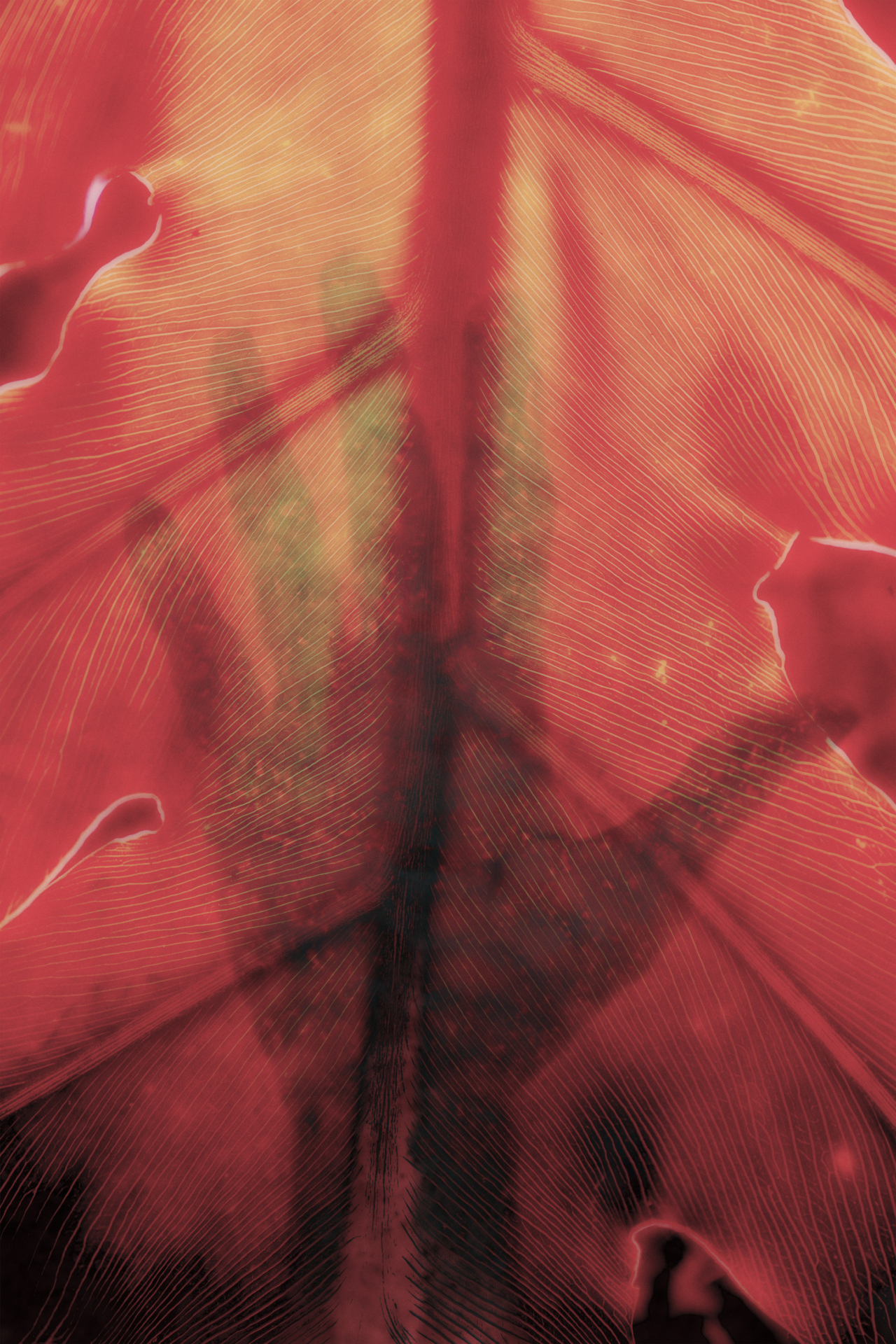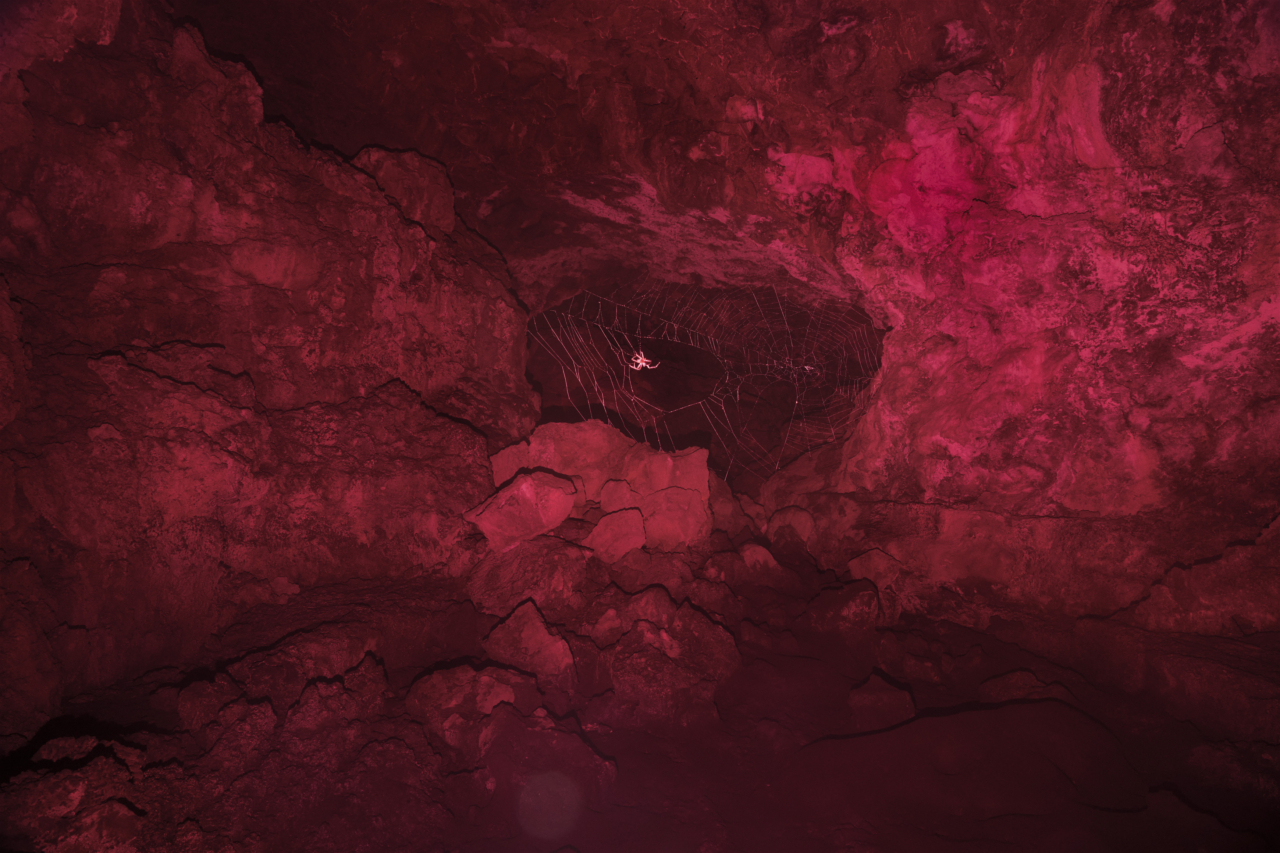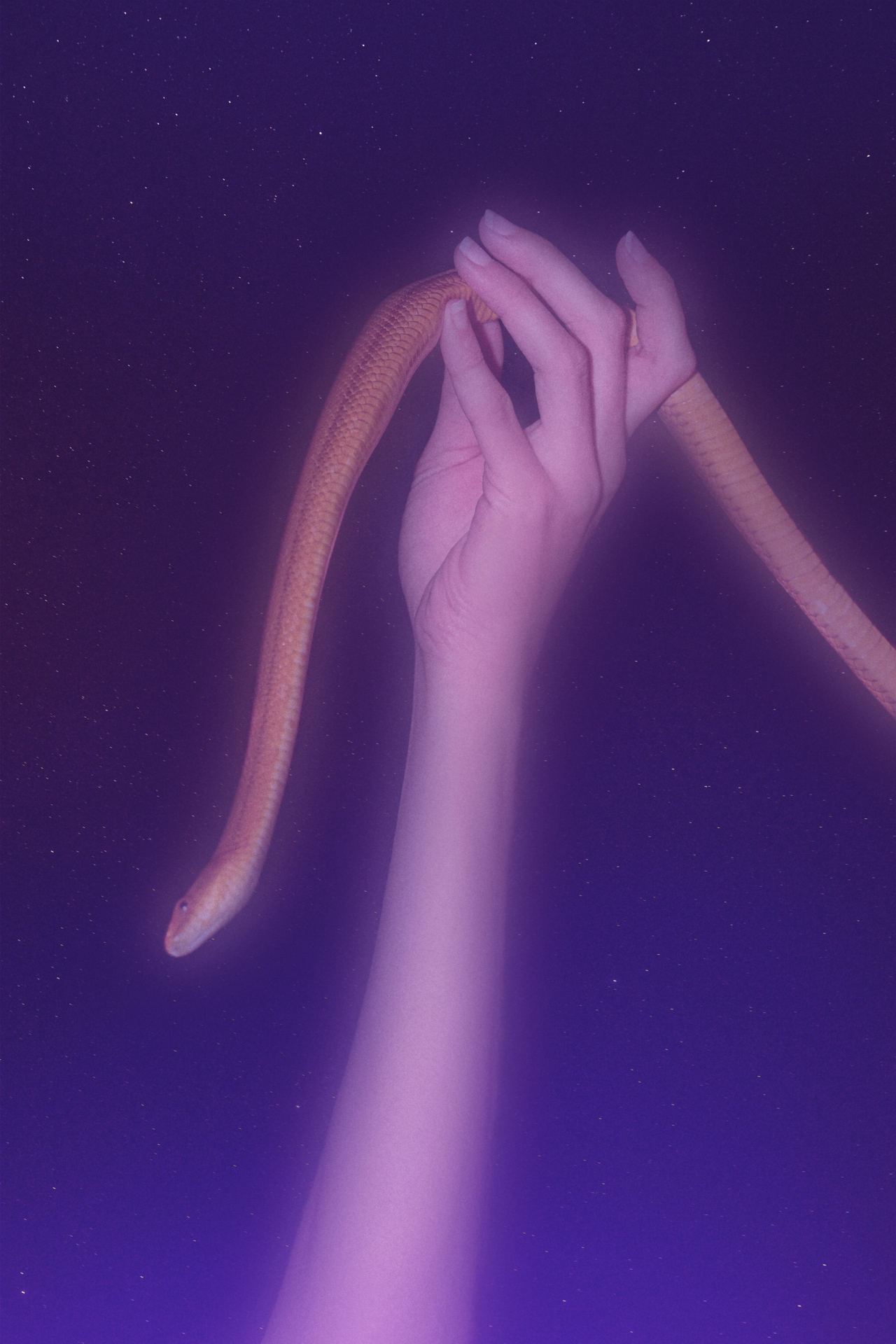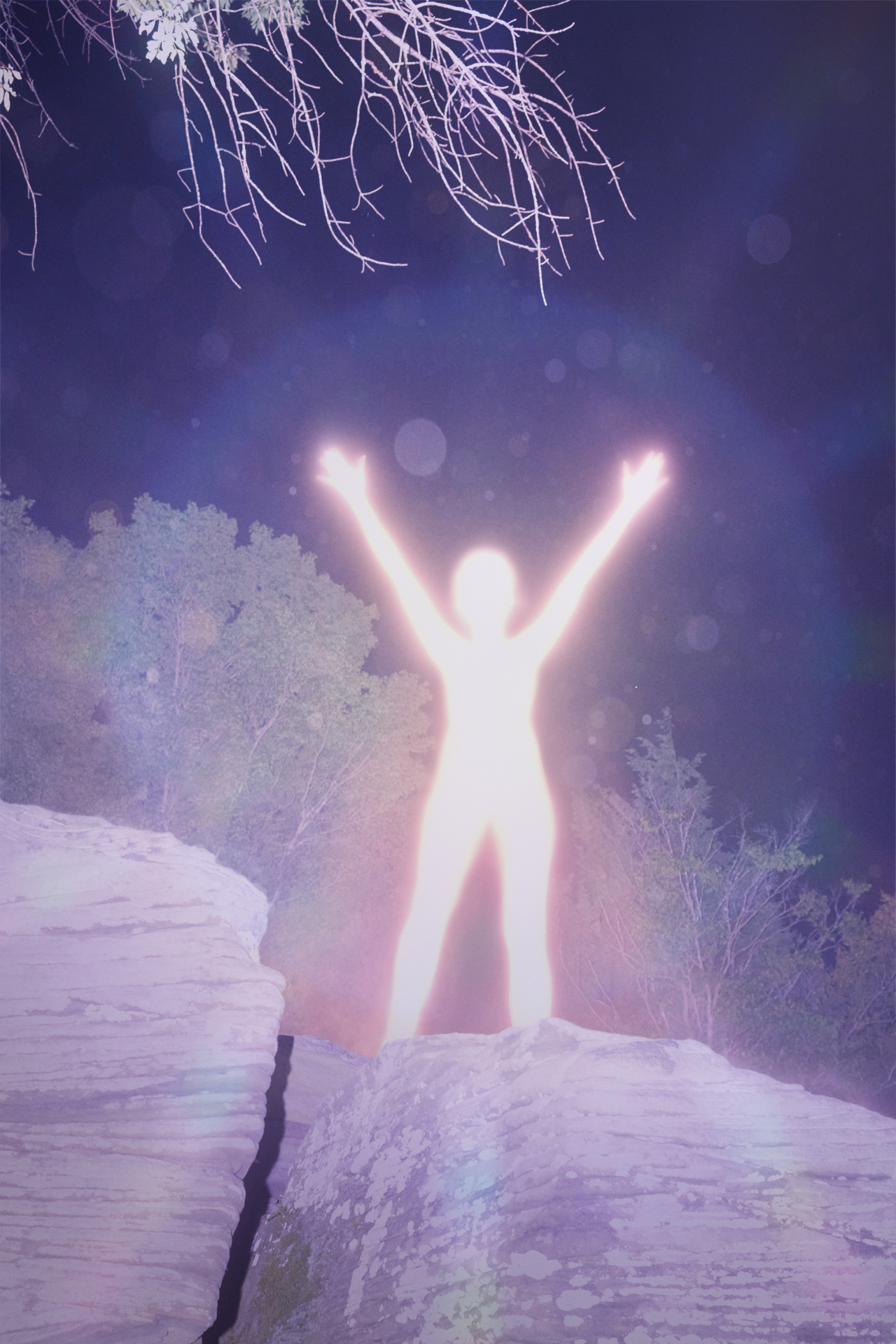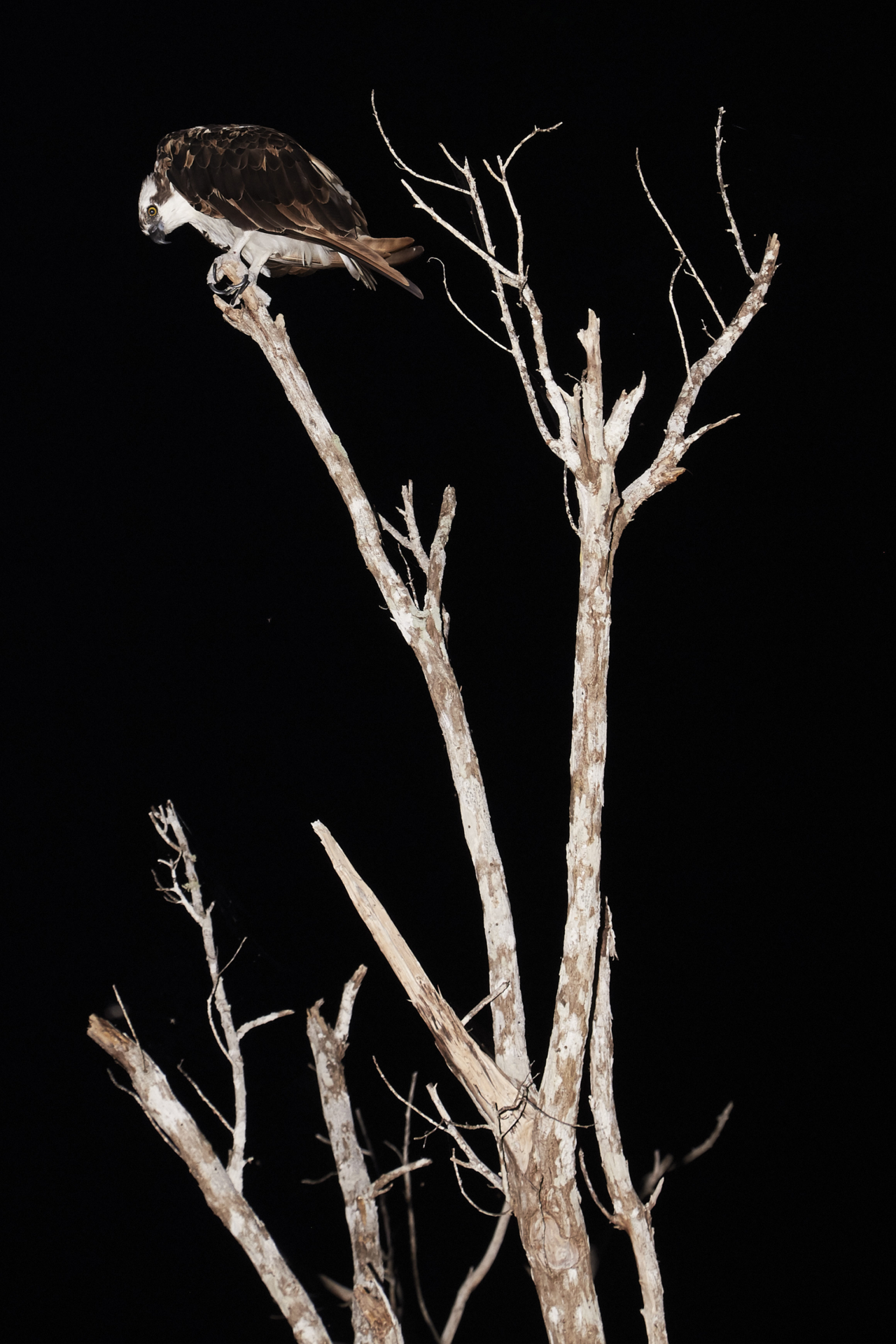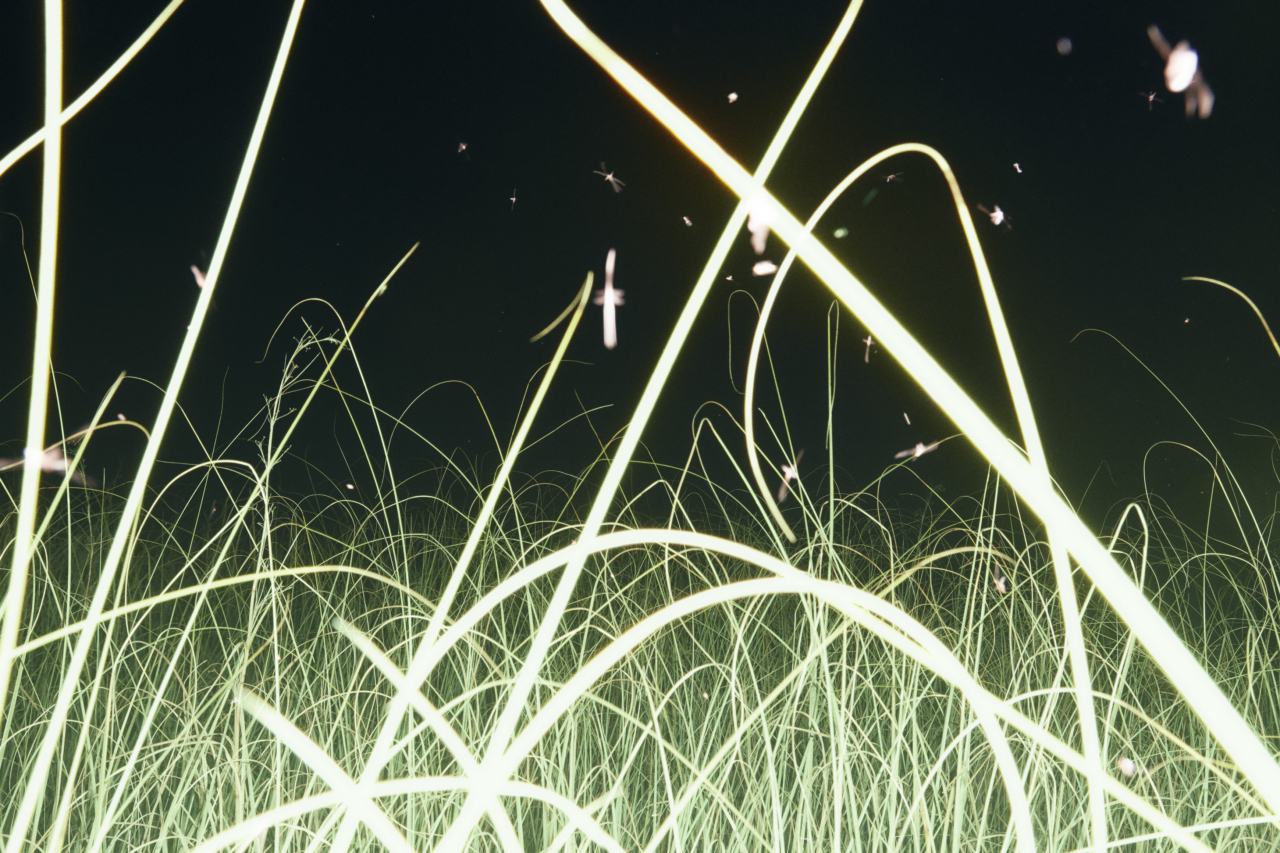
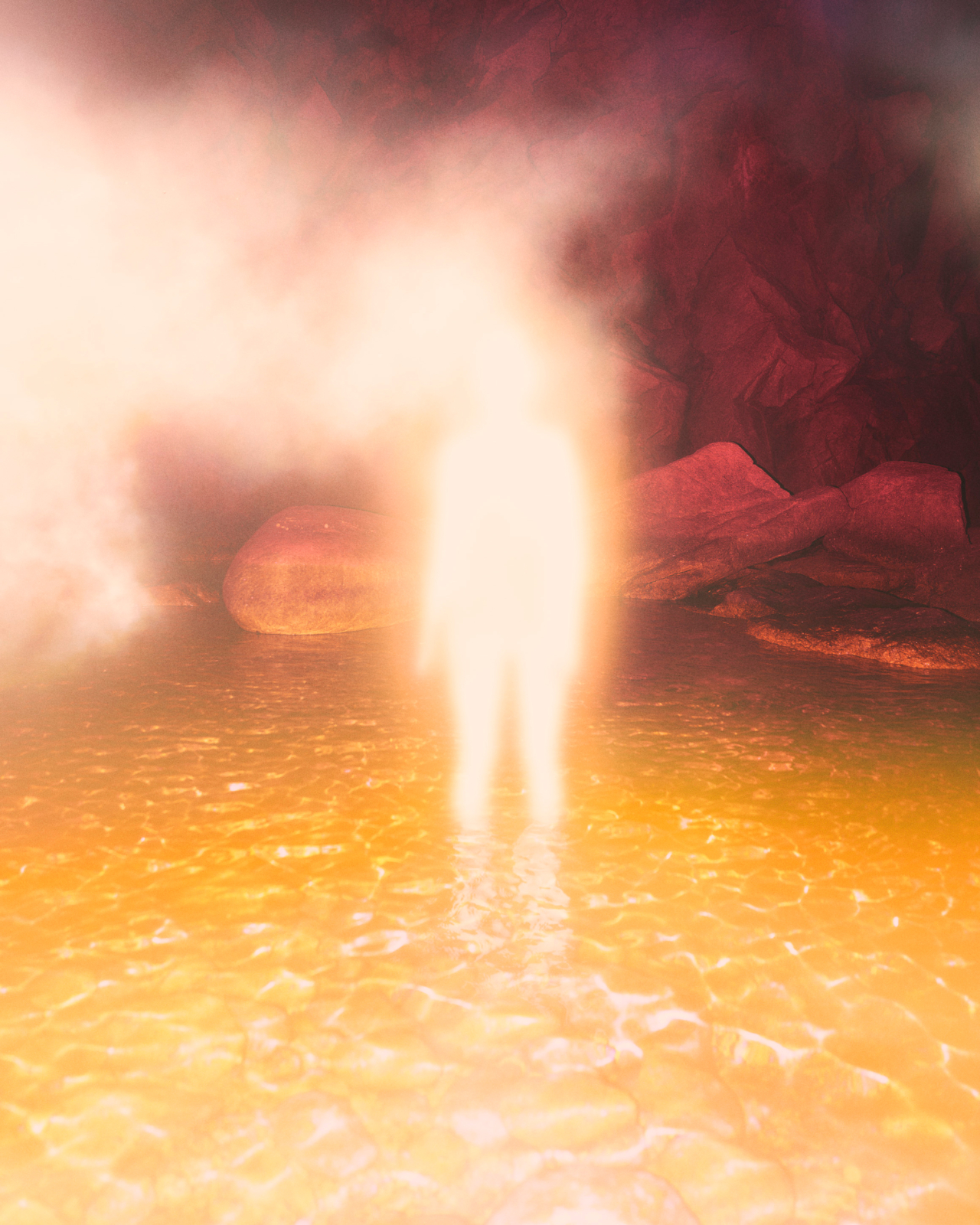
Interview by Willow Defebaugh
Photographs by Balarama Heller
Be sure to listen to this interview on our podcast, The Nature Of, titled “adrienne maree brown on The Nature of Transformation and Everyday Alchemy.”
Willow Defebaugh
You’ve written and spoken quite a bit about what you call “witching.” I was wondering if you could share a little bit about the practice, what it means to you, and how it shows up in your daily life.
adrienne
I have been kind of an organic witch. I’ve felt myself called to practice creating more possibilities in partnership with nature. And that nature can include the human body, it can include the elements–it can include earth, air, water, fire. It can include everything that’s alive. You know, sometimes creatures come and visit with me, and I’m like, “Oh, I understand. You recognize something in me that is communicating with you, cares about you, respects you, is in a conversation with you, and believes that together we can make something a little bit more possible–or make something different possible.”
In this moment, I’m part of a whole group of people who are sitting vigil for a beloved who is passing. And so my witchcraft looks like taking a bunch of flowers and eucalyptus and laying it down by the tree in the backyard, asking the tree to help connect me and my ancestors to the circle that is holding this person as they ascend from being Earth-bound to being something out in the ether. And I know for sure that the tree knows about that. I know that the tree understands what it means to be down in the dark of the Earth and what it means to be up above what humans can comprehend. So for me, the witching is trusting, like, “Oh, you know something about this, so I’m gonna ask you to help me with it.”
In [my new book] Loving Corrections there’s a section that’s called “From Fragility to Fortitude,” because my witching is what has helped me move from a sense of being a fragile, disconnected, isolated being who has possibly no impact on the world to being an interdependent, interconnected, fortified part of a community that has always and always will take care of ourselves. We are only fragile when we forget that, and we believe the lie that we are individuals who are disconnected. And then we become fortified again when we remember that we are connected to larger stories, larger elements in ourselves. And for me, that’s the witch of it all. It’s like, “Oh yeah, I may not be able to resolve it all, but I can help us reconnect to each other and reconnect to something larger than ourselves.” And that’s always my witchcraft.
Willow
There’s such a community element of witchcraft and witching. You have to have a coven. And throughout history, so many people, particularly women, have been persecuted for witchcraft, essentially just for having a relationship with nature. And there’s so many parallels between that and how in the global North and the Western world, we have reached this place of disenchantment with nature, right? It leads me to think about how disenchantment creates the opportunity or the space for harm. So I’m curious: How do you practice re-enchanting yourself with nature? How can we all practice cultivating a sense of re-enchantment with the world around us?


adrienne
The first thing that really helps me is to understand that any disenchantment I have from nature is intentional–and it’s about power. For most of human history, most humans had a direct relationship with the Earth, a direct relationship with the land, and all of us have that in our lineages–our peoples were finding and carving out a way to be in relationship with the Earth that actually was sustainable. You know, figuring out: How do I sustain, how do we sustain, our relationship here? There’s a power any community has when they’re directly in relationship with the land, they’re receiving guidance, they know the cycles of that land, they know the abundance of that land and how to care for it and be cared for by it.
So then there was this effort to disconnect us from the land, which I see as the combination of colonization, organized religion, militarism, and capitalism coming together to say, “Everything will be done through us. Everything will be done through white men. There’s someone else who has a direct relationship with God, and they have to study the way you do that, and you don’t know what it is. So you can’t just go out there and think you’re talking to a tree. I’m the one who talks to God. So you come tell me everything bad you’ve done, I’ll tell you what you need to do, and we’ll go from there.”
And then colonization is like, “We’re going to disconnect you from the land. The only relationship you can have with it will be one that serves us.” Capitalism says, “The land has to be marketable. It has to be of a value that we can capitalize on. And so you, as a being of this land, also have to become a commodity. And you can be a commodity that works on this land or you can be a commodity that works for us in some other way, but it will be labor.” And then militarism, which is constantly saying, “We will use violence to remove everyone from the land to which they belong.”
Thinking of it structurally helps me because then my enchantment is like, “Oh, this is an awakening within me of that which is inviolate.” There’s a place that can’t be touched by all of that colonization, harm and dishonesty about the truth of our connection to nature. There’s something in me that, even though I was raised not to trust it, still knows that what happens between my bare feet and the dirt is sacred, and I still know that when I’m overwhelmed by what I’m carrying, if I go lay down in my yard, I will recover some of myself. I will leave something that I can’t hold. It enchants me. It really does.
Willow
There’s an aspect of witchcraft that involves pulling back the veil and making the unconscious conscious, being willing to venture into the dark in order to bring truth to light. And the fear of doing so, the desire to know less, to not witness ecological breakdown, to not witness genocide, the desire to turn away from these things, feels like what we’re really up against in a lot of different arenas. And so it’s almost like there’s still that primordial fear of witchcraft or of what we’re talking about here. I wanted to get your thoughts on that work of pulling back the veil and how you approach that so lovingly. Because I think that is really what’s at the heart of Loving Corrections and so much of what you do.
adrienne
I think any witch worth her salt has to be someone who’s pulling the veil back within herself, within themselves, at all times. That’s the part of being a witch that is hard and unseen. The very private part where you have to be like, “I have to be willing to look, I have to be willing to witness, I have to be willing to be honest about my part in it and be willing to shift something.” By the time I bring a spell to others, it’s really been working inside me.
I actually think that’s the difference between being able to do it lovingly versus how I think a lot of it happens in the public sphere right now, where I feel like people are trying to be like, “You need to look at this.” There’s a way that we can speak to each other as if we have always known, and the other person is dumb for not knowing, instead of having the humility to accept that we all live within these pillars that are upheld by a level of disinformation, illusion, gaslighting, and shaping us to fit inside this box.
For someone like me who was raised in a military household, I grew up with a sense of patriotism and patriarchy. And to get to where I’ve gotten, where I don’t think war is how things get resolved… I think this is part of the intergenerational aspect of the work that makes me the happiest. It’s not only that I get myself out of some of these systems, I then get to go back to the people I love and be like, “Here’s what I found. I only found it because I was able to come through you and work against you.” My first anti-war protest was against my dad, and my dad had to love me enough to receive that.

Willow
It makes me think of the butterfly’s transformation in the chrysalis. Imagine the butterfly going out and trying to tell people, trying to create change. Rather than that, it elegantly embodies transformation. It embodies that change and every step of it: the liquification, the goo, all of it.
In my own life, the process of transition was one of the biggest teachers for me in relation to that. I remember there was this period where I felt like I really needed to convince people to accept me or educate people. And that was me trying to pull the veil back for others. The real work I had to do was accepting myself and coming into myself. And I have since found that being able to just embody who I am has far more of a transformative effect than me trying to tell people that I deserve rights.
adrienne
Yeah, because it is undeniable, right? I think our friend ALOK talks about this so beautifully that when we are being our freest self, it evokes in people the distance that they are from freedom inside themselves. And so much of that punitive response–that “I’m going to tear you apart; I’m going to get you back to the shape that I’m comfortable with”–is because they have already conformed to that shape. That has really been helping me so much when I’m like, “My job is not to shrink or conform any part of myself.”
I think the thing that I was really trying to pull off with Loving Corrections was how to course correct to get myself more in alignment with being alive on Earth, rather than punitive correction, which is the system that we’re all swimming in right now. If you don’t conform and you don’t fit in, then we will punish you until you either do or die. I’m choosing a different pathway altogether. And just saying, actually, there’s something else.
We’re not even in right relationship to time. Everything we are doing right now is urgently trying to be normal and the same. That’s not the way. The reality is that our Earth is a fecund, multitudinal ecosystem on ecosystem on ecosystem. There’s life constantly moving towards life. Once you stop trying to conquer the Earth, it’s actually quite easy to start to correct your path, correct your course into relationship with the Earth. I always tell people that. I’m like, “You don’t have to even read any of my books. I love it if you do. But you could learn just as much by going and sitting in your backyard and getting into real deep relationship with your grass. It’ll teach you. It’ll show you.”
“For me, small is all. The things that we want at the largest scale only become possible if we are willing to practice and cultivate them at the smallest scale.”
Willow
I love that you said it’s about getting into right relationship with life here on Earth. I want to bring in something that you shared earlier in talking about organized religion. So much of our punitive culture has ties to organized religion, and that’s connected to the idea of an elsewhere, an unplace, right? The idea of heaven not on Earth, and that we must correct our behavior in order to be accepted in someplace that isn’t Earth. So I love the idea of transformative justice and Loving Corrections being about how we shift our behavior to be in relationship with where we are here and root us to the ground.
adrienne
That’s right. I am already alive, and I’m already in a place that has all the qualities of heaven. All the qualities of heaven are here on Earth, and they always have been–and my nakedness is a part of that and my mistakes are a part of that and my seductions are a part of that. My beauty is a part of that. All of it is a part of my aliveness. There’s no chosen group that gets to have any power over any other chosen group on Earth, because we all come and go and change. You know, we’re no better than the dinosaurs. And we’re not less vulnerable if a meteor hits us. We just have to humble ourselves.
I think the main work of humanity and of spirit should actually be humbling ourselves. A lot of organized religion is like, “We are going to humble you, and we’re going to correct you, and we’re going to punish you.” I think what you end up with there is repression–and then actually incredibly evil things take place as a result of that repressed human spirit.
As I was writing this work, I was thinking about how you don’t wanna go sit and listen to someone tell you how wrong you are, but I want to sit and hold your hand and tell you about a way that together we could turn and face something. And maybe you’ve hurt me and that’s how we ended up in this conversation, which I imagine is how some people will hold this book. That’s my hope for one of the ways that it gets used is being like, I want to invite you back into community with me, which I think is a spiritual invitation. I want to invite you into my field, into my ether. You get to still be part of what influences my life, and I want to be a part of what influences yours.


Willow
And that’s the alchemy–not turning away from each other. At the heart of Loving Corrections is the invitation to look at this together. And I think part of humbling ourselves is also recognizing that we actually don’t know another person’s capacity to grow and to evolve and to change.
A few years ago, I went to see my grandmother, who just passed. I saw her for the first time after like five, four years. We were separated because of the pandemic and health issues. I was going to see her, and it was the first time I was seeing her as myself. This was my 93-year-old Arab grandmother. I had no idea how she was gonna react. I walked in the front door, she put her hands on my face, and she just said, “My granddaughter.” And she told me about how much she loved willow trees. Especially now that she is not here physically, I think about what would’ve been lost if I hadn’t gone, if I had made assumptions about how she would react. I had this healing moment with this woman who helped raise me. There’s so much to be gained, so much to be alchemized, from not turning away.
adrienne
Oh, love. What I hear inside of your story and I recognize is letting time pass in whatever way it passes. Similarly, after I came out to my grandparents, it took time. It took time for the alchemy within them, right? I was like, “I’ve already made this change enough that I can tell you this is my truth. And I know the system that you grew up in doesn’t allow you to see me at all, but here I am. And so you have to alchemize within yourself that the world in which I exist is a real world.”
Willow
What you’re talking about really just makes me think of evolution, especially the intergenerational piece. Evolution, how it happens in practice, is individual anomalies that come up within a given population over time that allow for adaptation, that allow for thriving within an environment that presents challenges and obstacles. And over time, that piece becomes more and more of the standard for a given species. This is something else that really emerges in your book: the idea that mistakes will be part of it. There will be regression, there will be setbacks, there will be challenges in all of it. And also that is not exempt from evolution, that is not exempt from the process of transformation. I was wondering if you can speak a little to our culture of shame around mistakes and how that factors in.
adrienne
I’m choosing to focus on where we can bring transformative justice and an abolitionist spirit into our interpersonal relationships. I think there’s a lot to be said for large-scale mediation and global mediation and global work, and I deeply respect all the people who are up to that and trying really hard to navigate borders and boundaries and resources and help people come to peace. For me, small is all. The things that we want at the largest scale only become possible if we are willing to practice and cultivate them at the smallest scale.
I make mistakes because I’m human. I make mistakes because that’s how humans learn. If you watch a baby trying to learn to walk, it’s not like they watch a video on how to walk, and then they stand up, and it’s one step after another, perfectly done as the instructions said. It’s not that. Babies are like, “I’m going to rock myself back and forth until I develop the musculature to push myself up into a crawl. I’m going to pull myself up, and the whole time, I’m falling down, smashing my face, drooling on myself, shitting on myself, peeing on myself, having someone need to pick me up because I’m getting frustrated, and then I’m going back at it.”
As babies, we’re struggling, but we’re taking ourselves very seriously, and we’re like, “I’m going to learn to move. The people around me are moving, and I’m going to watch them, and I’m going to make mistakes as I mimic them until–oh, that’s a step. And here’s another one and another one.” We learn everything by making a million mistakes until we’re like, “That’s how it feels in my body to do that.” What if the same thing is true for our relationships? For me, that excites me: The idea that I’m not trying to give up making mistakes. I’m trying to get really good at learning from the mistakes and expecting the mistakes as part of the process.

Willow
We’ve been talking about coming into right relationship with life, but there’s another aspect of your work that you’ve spoken of: coming into right relationship with death. As a culture, particularly here in the United States, we have a very warped relationship with death. But death is also alchemy.
You’ve spoken about how we need to get better at dying. In Loving Corrections, you point to fungi as teachers: “Mycelia see the potential life in everything. Everything dead and alive goes into the soil and gets processed into life. When we understand that our pain and grief are part of our aliveness, part of how we learn to be, and part of how we contribute to the life of our planet, we can learn to eat everything and make it fuel. We can recycle and upcycle everything because it is all material data, content source. We can make death into life.”
adrienne
Thank you. The big teacher of my adulthood, I feel like, has been recognizing that I wasn’t really prepared for death. I had spent my life learning to be really good at living, and ambitious about it and competitive with it, and in some ways, very disconnected—in most ways, very disconnected. When you’re just focused on living as if it’s an infinite thing that you’re doing, it’s so lonely. I was such a high achiever, and it’s so lonely and depressing. But lately, the thought I’ve been having is that death brings us back into the total interdependence of all things.
Part of it is that we’re supposed to be like, “What am I as a cell inside of this larger collective whole?” And that’s the relief. It’s like, “I’ve learned about this and now I’m returning to the collective whole.” And I like to think that no matter how our actual deaths are—some of our deaths are violent, some are unexpected, some are long and drawn out—but no matter how the deaths are, when we are in the energy of being dead, it’s all good. That is peace. You do your best while you’re here, but don’t let your ego take over the ship. No matter how much you do in life, you’re going to die. Even if you just sit in your garden for the rest of your time, you’re going to die. The guaranteed reward at the end of the journey is that it’ll end.
Willow
And there’s this great irony too, because in the West, we think of death as being so annihilating, right? It’s isolating. We have this idea that we all die alone. And the reality is, from a biochemical perspective, it is actually us becoming part of everything else.
adrienne
Breath to breath, dirt to dirt, flesh to flesh. Whether you’re cremated or buried in the dirt, whether you try to slow the process down or not, you unbecome, and every single part of you goes back into something else. I’m never disconnected from that other spiral now: the unbecoming and becoming.

Special thanks Fabiola Alondra
This interview has been edited for length and clarity.
This story first appeared in Atmos Volume 10: Afterlife with the headline “Witching Hour.”
Staying Rooted In Today’s World Takes A Little Alchemy (and Magic)
